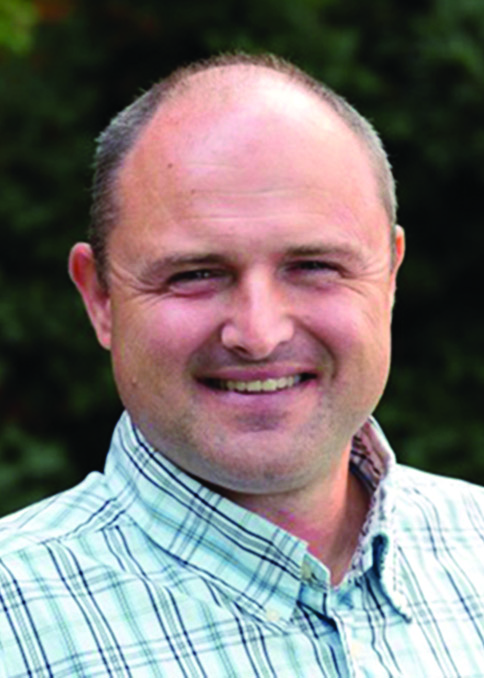
Oliver Frenzel
Nancy Edmonds Hanson
Filling a doctor’s prescription promises to be the first step to feeling better. But what happens next?
There’s much more to the story of those tablets and capsules. As they join the other pills and potions already in your medicine cabinet, they can pose a series of dilemmas, even as you recover from whatever ails you. How do they interact with the other prescriptions, over-the-counter meds, and vitamins and supplements you’re already taking? And when they’ve done as they were intended – for example, relieved the pain from surgery – how should you handle whatever’s left?
Those questions are on the agenda for “9-1-1, What’s Your Emergency?” next Wednesday. It’s the theme of another free seminar for Cass and Clay county seniors sponsored by Valley Triad. The sponsor is a collaboration of older residents with law enforcement and senior service agencies who are putting together events to shine light on a variety of risks that challenge the safety of the area’s older residents.
The free event is from 1 to 3 p.m. March 29 at the Hjemkomst Center. While aimed at seniors, it’s open to people of all ages. No pre-registration is required.
While the Triad program dates back to the 1990s, this is only the second local event under the banner of “9-1-1” since its revival post-Covid The previous session last August focused on the experience of a local teacher who was bilked out of $15,000 by a computer pop-up scam.
Oliver Frenzel, PharmD, is the keynote speaker at next week’s session. An adjunct professor of both pharmacy and public health at NDSU, he will address medication safety and proper disposal from many angles. Among them: proper storage, including securing those with the potential to be abused by those for whom they weren’t prescribed. (He notes that more than half of all those with opioid use disorders started with drugs that were prescribed for someone else.) He’ll also suggest ways to safely dispose of prescriptions that are no longer needed. Hint: Tossing them in the garbage or flushing them down the toilet are not the way to go.
Frenzel’s presentation will also offer practical guidance for using over-the-counter meds and the enormous variety of un-FDA-regulated vitamins, supplements and herbal remedies sold to treat or prevent all kinds of conditions. His most vital recommendations: Read and understand the labels, and always tell your doctor everything you’re taking. “Even common OTC medicines and supplements can interfere with the action of prescribed pharmaceutical drugs,” he cautions, and adds, “Herbals may be natural, but they’re not always safe, and they may interact with other drugs.”
Joined by pharmacy professor Jayme Steig and doctoral candidate Alyssa Hodges, he will answer questions and give practical advice on staying safe, including three points he considers vital: Be your own self advocate when talking with medical providers, asking questions about side effects and dosage. Keep a list of all the medications you take and who has prescribed them, and mention whatever over-the-counter products you use regularly.
Finally, he says, “Ask your pharmacist questions when you fill a prescription. We want to understand what’s going on with you. Your records are not linked and shared among several pharmacies. If we know more, we can help screen for interactions and duplicate therapies.”


